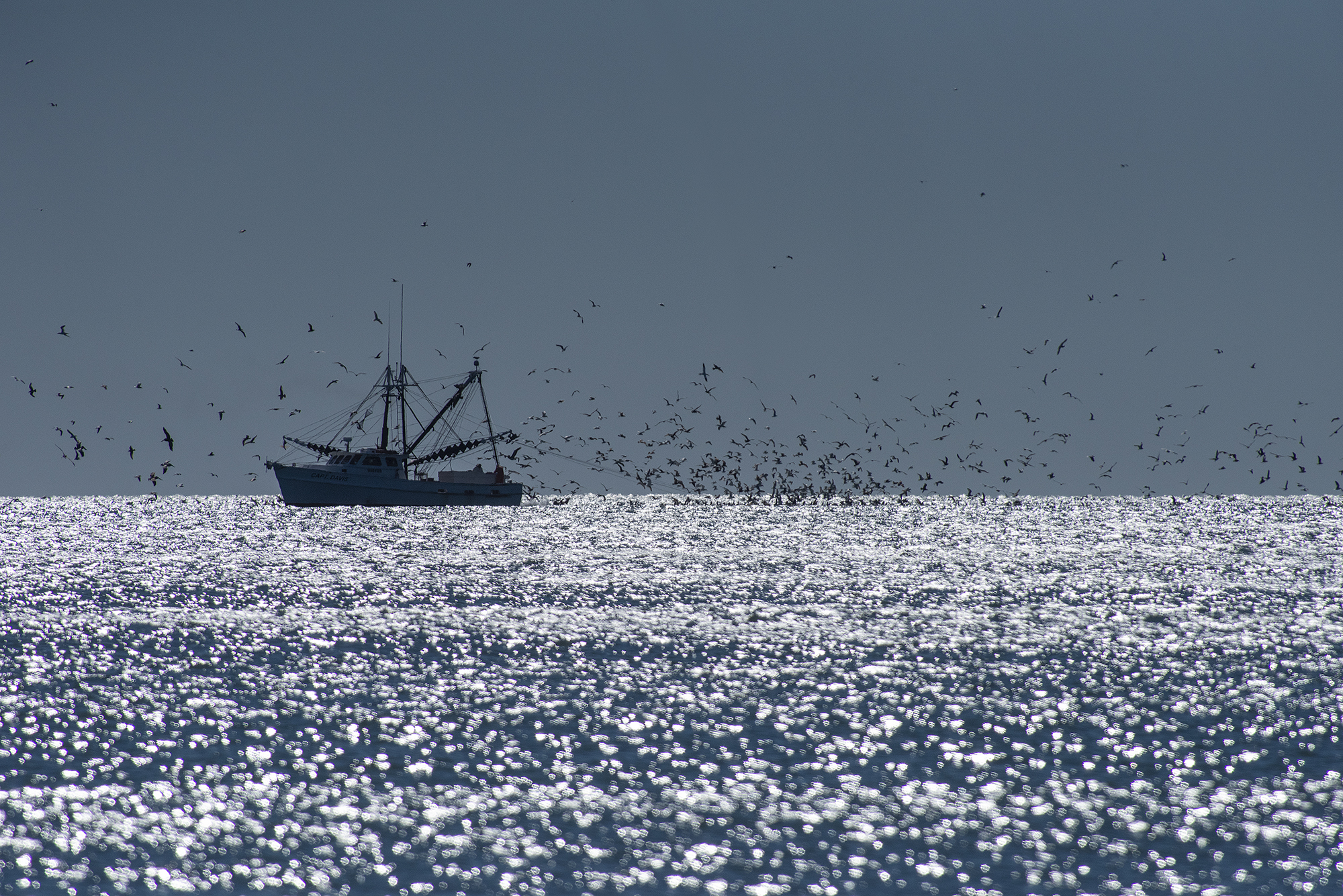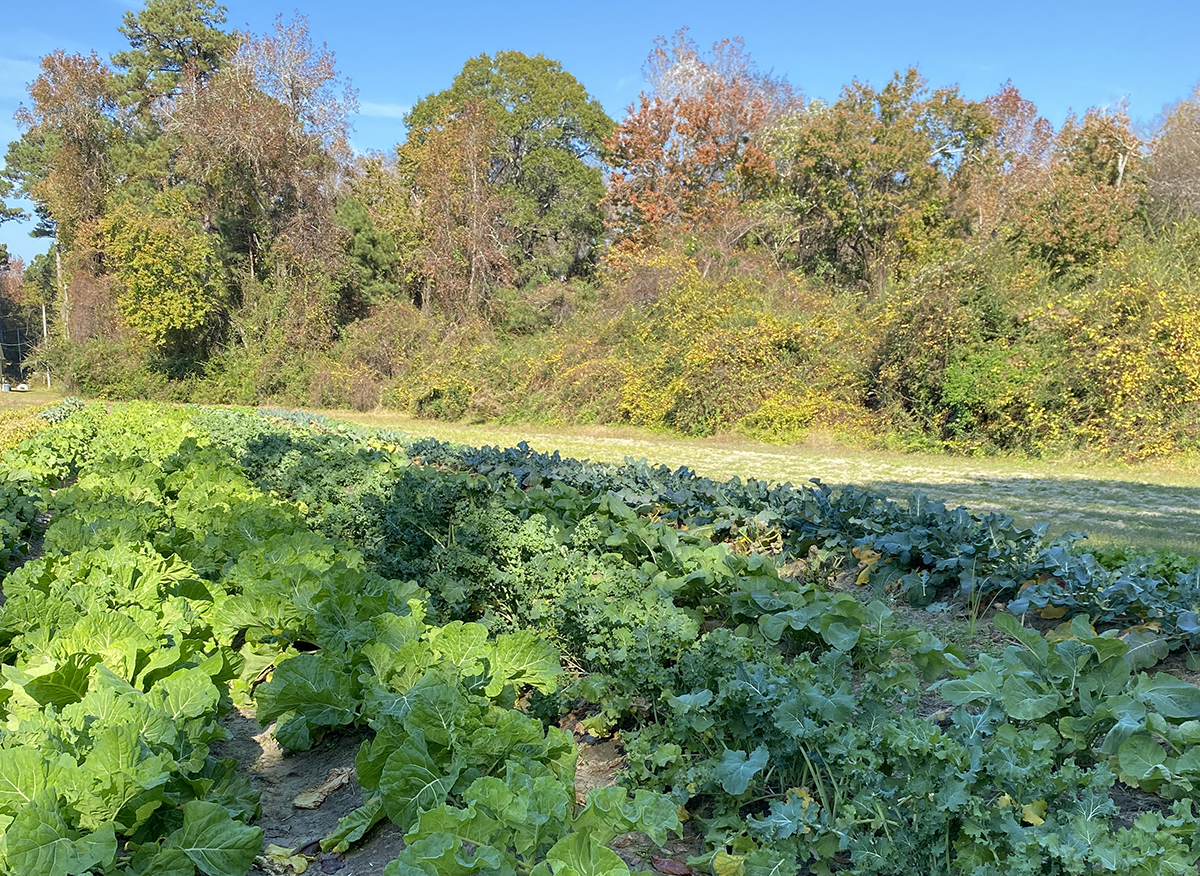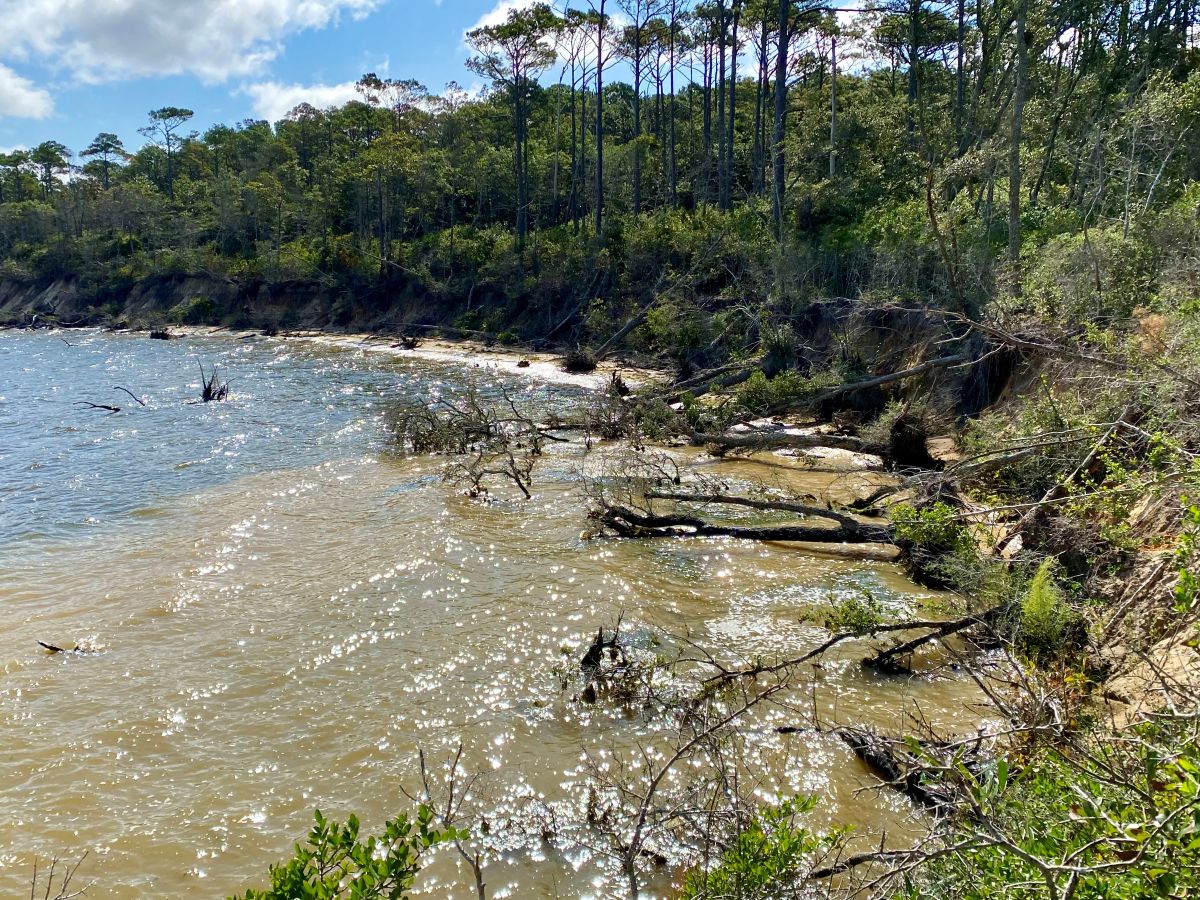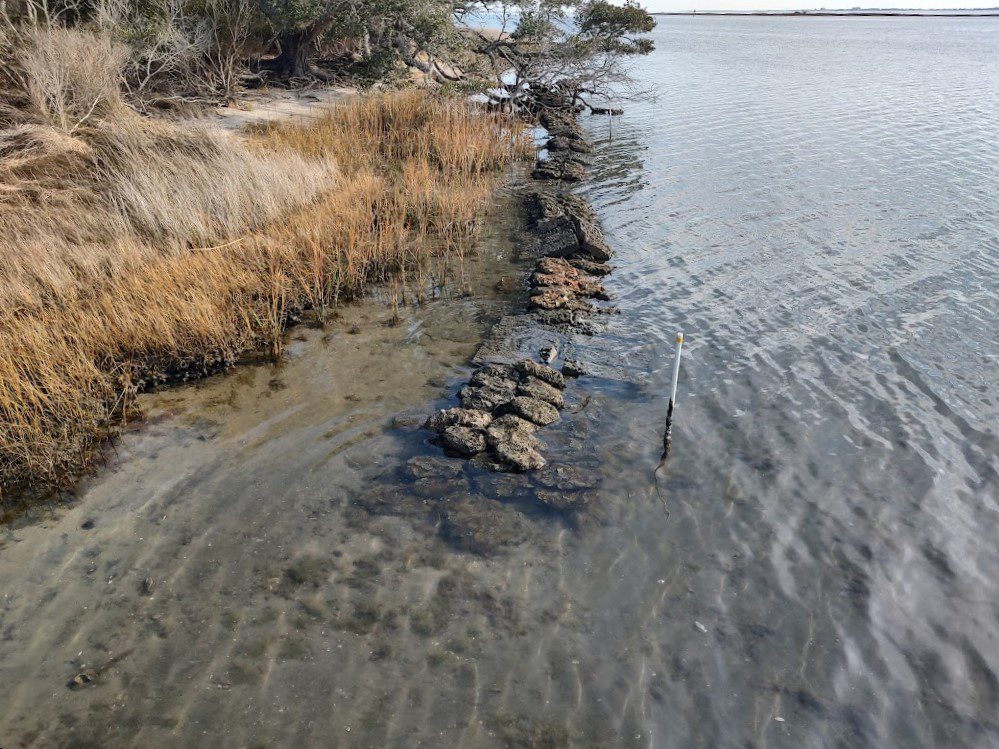
A lawsuit challenging how North Carolina manages coastal fisheries can go to court, the state Court of Appeals ruled earlier this week.
The three-judge appellate court unanimously affirmed Tuesday a Wake County trial judge’s 2021 ruling that denied the state’s request to dismiss the suit brought by the Coastal Conservation Association North Carolina, or CCA NC, and 86 individuals in 2020.
Supporter Spotlight
The lawsuit alleges the state has “breached its obligation under the public-trust doctrine” to prevent overfishing of coastal fish stocks and prevent habitat destruction from inland trawling.
The North Carolina Wildlife Federation, Sound Rivers and Joseph Kalo, a professor emeritus at the University of North Carolina Chapel Hill’s School of Law, have filed amicus briefs supporting the plaintiff’s complaints.
“Our concern is that the state has not taken care of certain areas that they are responsible for in their fiduciary responsibility to manage our public trust resources for the benefit of all the citizens of North Carolina,” said CCA NC Executive Director David Sneed.
The Fisheries Reform Act passed by the North Carolina General Assembly in 1997 was a good first step in managing coastal fisheries stock, but that legislation needs to be updated, he said.
“We need to look at giving our managers the tools that they need to change the direction of our fisheries in North Carolina. We need to end the declines that we’re seeing in our stocks that are chronically overfished if we’re going to leave any sort of legacy for our children and grandchildren,” Sneed said.
Supporter Spotlight
The lawsuit spells out a number of complaints alleging the state has been unable to stop overfishing of species including river herring, striped bass and southern flounder and that inland shrimp trawling and the use of gill nets kill juvenile fish and destroy their habitat.
Judge Toby Hampson clarified in the appellate court’s ruling that “we express no opinion of the ultimate merits, if any, of plaintiff’s allegations and claims.”
Judges Hunter Murphy and April Wood affirmed.
Patricia Smith, communications director for the state Division of Marine Fisheries, said in an email that state attorneys are reviewing the appellate court’s decision “and weighing the options of whether or not to appeal to the N.C. Supreme Court.”
Commercial fishermen by and large hope state Department of Justice lawyers choose to appeal to the higher court.
North Carolina Fisheries Association Executive Director Glenn Skinner told Coastal Review in a telephone interview that the lawsuit could set a dangerous precedent for overregulation of industry in the state.
“We’re still fairly certain that the factual claims, if it ever makes it to the point that those are heard, the truth will come out, but I’m just real concerned about if the ruling by the appeals court stands the implications it could have for other industries across the state,” he said. “Right now, I could sue the state for the management of almost any industry that I thought was impacting my ability to hunt and fish. I don’t think that’s what this constitutional amendment was intended to be used for.”
A constitutional amendment “protecting the right of the people to hunt, fish, and harvest wildlife,” was on the state’s 2018 election ballot. The amendment passed with nearly 60% of the vote.
CCA NC is not opposed to commercial fishing, Sneed said, explaining in a follow-up email that the organization “seeks to be a champion, on behalf of all North Carolinians, for the resource itself in the form of responsible resource management (emphasis Sneed’s).”
“Just as the future for public anglers will be brighter when the State does its job as resource trustee and reforms coastal fisheries management to rebuild and restore every public fish stock, so too will the future be brighter for commercial fishing as harvestable stock numbers rebound to historic levels,” he said in the email.
Skinner called claims made in the lawsuit “absurd,” saying that North Carolina can’t possibly control the abundance of coastwide species, which leave inland waters and are impacted by factors including water quality and environmental conditions.
Many species, he said, are managed by the U.S. Atlantic Marine Fisheries Commission.
“We’re just one voice at the table,” Skinner said. “When they pass regulations North Carolina’s job is to comply with those regulations and the state has always complied. We’ve never been ruled out of compliance so it’s almost foolish to think that North Carolina can do what they’re claiming they can do.”
He defends the state’s management of inland shrimp trawling.
North Carolina has one of the largest estuarine systems in the country. Shallow sounds like the Albemarle and Pamlico, rivers and creeks make up a combined 2.2 million acres of estuarine waters.
Nearly half of those waters are closed to shrimp trawlers. North Carolina is the only state on the East Coast that allows inland shrimp trawling.
“There’s no doubt juvenile fish are caught and some are killed, some are released alive, but we have done more than any other state in the U.S. to protect them aside from closing internal waters completely,” Skinner said.
According to the North Carolina Wildlife Federation, 15 million pounds of juvenile spot, weakfish and Atlantic croaker – about 300 million fish – were discarded from trawl nets in 2014.
The federation argues that the only way to reduce bycatch is by allowing fewer trawling days a week, delaying season opening, shortening head rope length and adding critical habitat protections.
In late 2016, the federation petitioned the state Marine Fisheries Commission to amend trawling rules it argued would reduce bycatch waste and protect fish nursery habitat.
The commission approved a variation of the amendment this past February.
The amendments include prohibiting trawling in crab sanctuary areas, Bogue Sound and its tributaries in Carolina Beach Yacht Basin except in the Atlantic Intracoastal Waterway, and discarding the flexible opening date to trawlers in all special secondary nursery areas and setting Sept. 1 as the fixed date.
The amendment also instructs the Division of Marine Fisheries to investigate a long-term shrimp trawl observer program.







